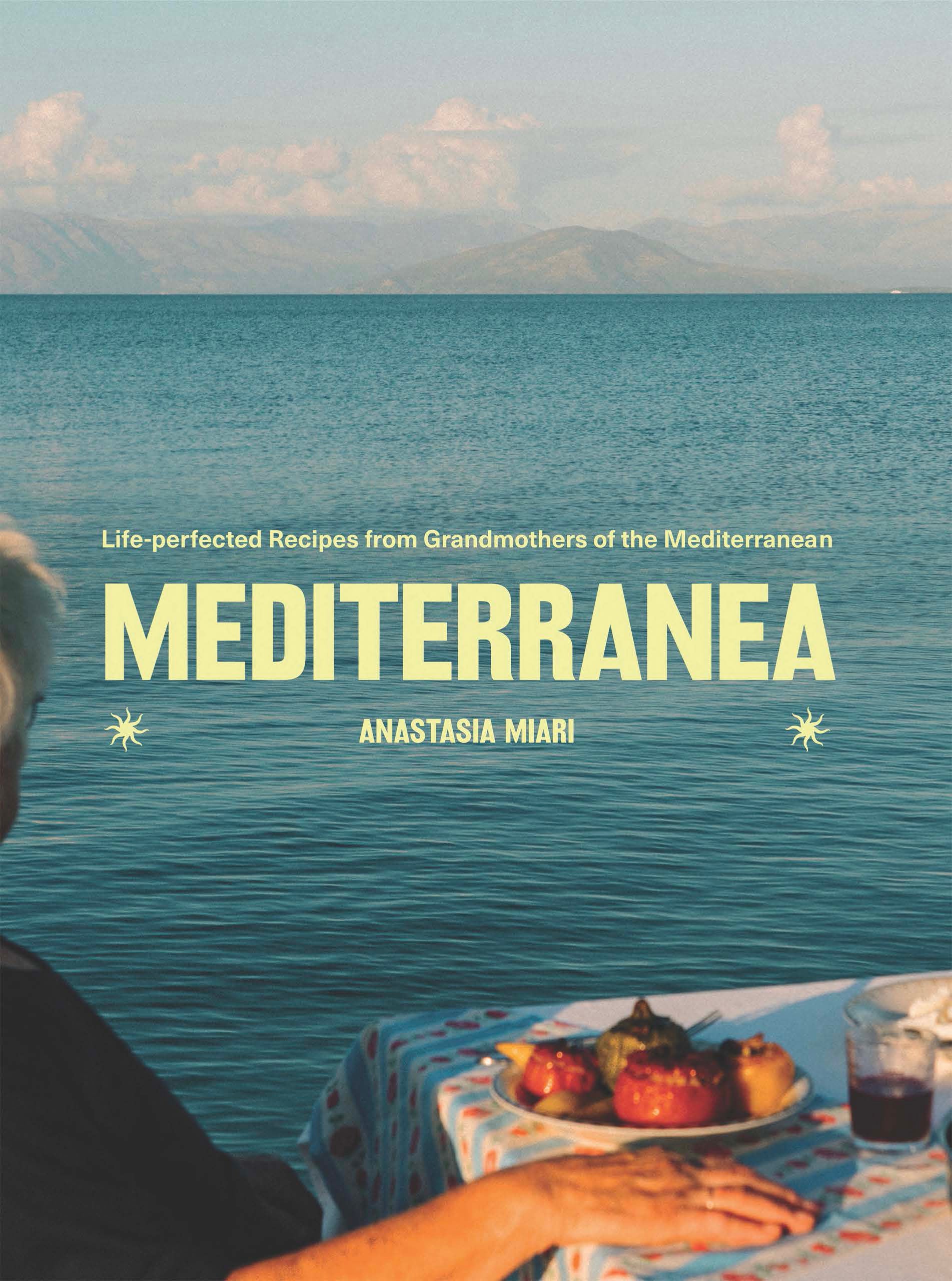Your support helps us to tell the story
From reproductive rights to climate change to Big Tech, The Independent is on the ground when the story is developing. Whether it’s investigating the financials of Elon Musk’s pro-Trump PAC or producing our latest documentary, ‘The A Word’, which shines a light on the American women fighting for reproductive rights, we know how important it is to parse out the facts from the messaging.
At such a critical moment in US history, we need reporters on the ground. Your donation allows us to keep sending journalists to speak to both sides of the story.
The Independent is trusted by Americans across the entire political spectrum. And unlike many other quality news outlets, we choose not to lock Americans out of our reporting and analysis with paywalls. We believe quality journalism should be available to everyone, paid for by those who can afford it.
Your support makes all the difference.Read more
Food writer Anastasia Miari has collected recipes from grandmothers across the Med for new her cookbook Mediterranea, here she shares Houriye’s recipe for omek houria.
“On my first day in Tunis, I meet Houriye with her grandson, Mamou, at their local market in La Marsa, a coastal city on the outskirts of Tunis. Together we hand-pick the ingredients for our lunchtime feast and I see Houriye and Mamou work their way through the merchants’ stalls, feeling the vegetables, sniffing at parsley and joking with the stallholders, who planted, grew and harvested the vegetables themselves,” says Miari.
“As I observe them together it strikes me how important it is that they are able to connect with the food that they eat in this way. The carrots we choose for our salad aren’t packaged in plastic; they’re loose, a bit knobbly and still have their tops firmly intact. It’s one aspect of eating that many of us in the Mediterranean take for granted: our proximity to our food.
“Together we make omek houria, a carrot ‘salad’ that I would say is closer to a dip, akin to Greek melitzanosalata (aubergine ‘salad’). Punchy with fresh garlic and a healthy dollop of harissa, this is an incredibly versatile dish. Houriye, Mamou and I eat it with chunks of fresh tuna on top, but it also makes a brilliant vegan addition to a selection of meze bites or as an accompaniment to roast chicken or grilled fish. It’s bright, light and has become a summer picnic essential for me and my family.”
Omek houria
Serves: 6
Ingredients:
8 carrots, peeled and chopped into 2.5cm rounds
1 tsp sea salt, plus extra to taste
1 tbsp harissa paste
2 tbsp olive oil
2 tbsp white wine vinegar
1 tsp caraway seeds, pounded in a pestle and mortar
1 garlic clove, crushed
1 bunch of parsley, leaves very finely chopped
Crusty bread or pitta bread, to serve
Method:

open image in gallery
More than a cookbook: ‘Mediterranea’ is a love letter to matriarchs, memory and Mediterranean ways of living (Quadrille)
1. Bring a saucepan of water to the boil and cook the carrots for 15 minutes, then add the salt and continue to cook on a rolling boil for a further five minutes, or until the carrots are completely soft. You can also choose to steam the carrots (retaining more of the nutrients of the vegetable), but ensure they’re soft enough to mash after steaming. Drain and allow to cool before the next step.
2. While the carrots are cooling, combine the harissa, oil, vinegar, caraway seeds and a pinch of salt in a jug (pitcher) or small bowl, stirring until they come together.
3. Once the carrots have cooled, use a pestle and mortar (as Houriye does) or blitz the carrots into a puree in a food processor, then transfer to a bowl. Combine the pureed carrot with the harissa dressing, garlic and parsley.
4. Serve with crusty bread or pitta bread.
Recipe from ‘Mediterranea’ by Anastasia Miari (Quadrille, £28).


Dining and Cooking